The white, or black, gold of the table, which has come through thousands of years of history and now looks to the future: from "the food of witches" to UNESCO Intangible Cultural Heritage.


“I watched, enchanted by the special smile lighting up my son's face as he kneaded and prepared the pizza: he was playing. And when this game was to prepare for guests and friends, his engagement and satisfaction doubled.”


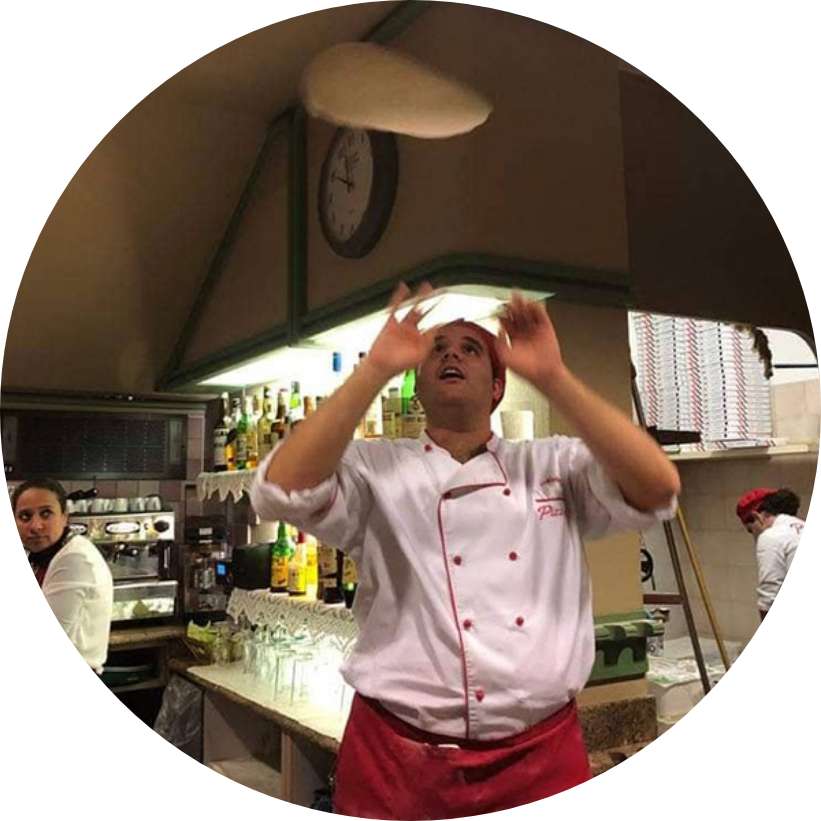
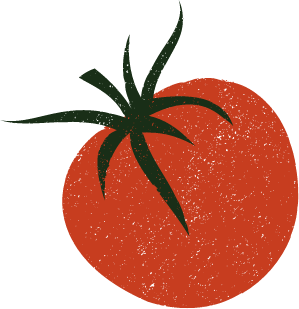


These are the words of Nico Acampora, father of Leo, an autistic boy, explaining how the idea of PizzAut came about. To bring that special smile out of the house and make it contagious.
An opportunity for socialisation, in the guise of a game, based on a love of food and the value of the act of preparing something for someone else.
Nico launched an appeal and found support from many parents of autistic young people in the province of Monza and Milan, as well as companies and private donors who have chosen to financially support the initiative.
"The 2nd April is World Autism Awareness Day," Nico reminds us, "so I wanted to create a challenge: to demonstrate that by the 3rd of April, something would have actually changed. I launched a fundraising page on Facebook and it went really well, not only in terms of money: many establishments made themselves available to host our young people to help them practise, and also to organise fundraising dinners."
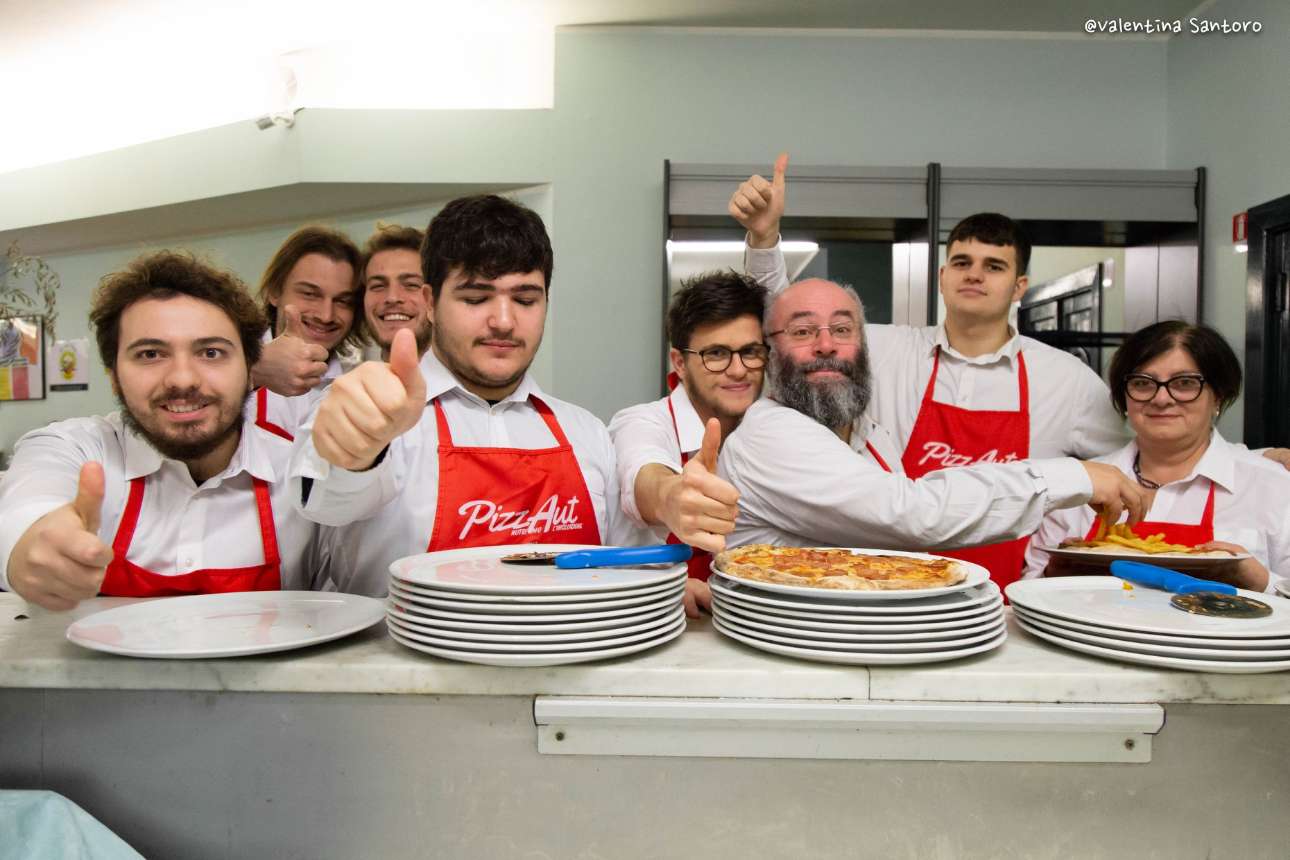
This way, the time and space for cooking were transformed into a tool for inclusion: the young people began training courses and the first events were organised where they cooked for a limited audience or special evenings; occasionally they even served pizza in school canteens.
Autism doesn't need to be explained, it needs to be allowed to thrive.
So the PizzAut team started to tour Italy, cooking in various restaurants, working alongside the regular staff to make pizzas and serve them: Liguria, Lazio, Marche, Sicily.
Then the team was invited to take part in the programme Tú sí que vales and presented the project to the wider public, reinforcing the boys' commitment, but also their self-esteem: the first big step to building their identities and affirming their place in the world.
"The biggest difficulty for autistic people is social," says Acampora. "At the beginning, the boys were afraid of the public. Now they have overcome this thanks to the many events we have organised and experienced together all over Italy. Thanks to the work, the boys are doing much better: they have more autonomy and self-respect, and they are building their own personal, working and social identities."
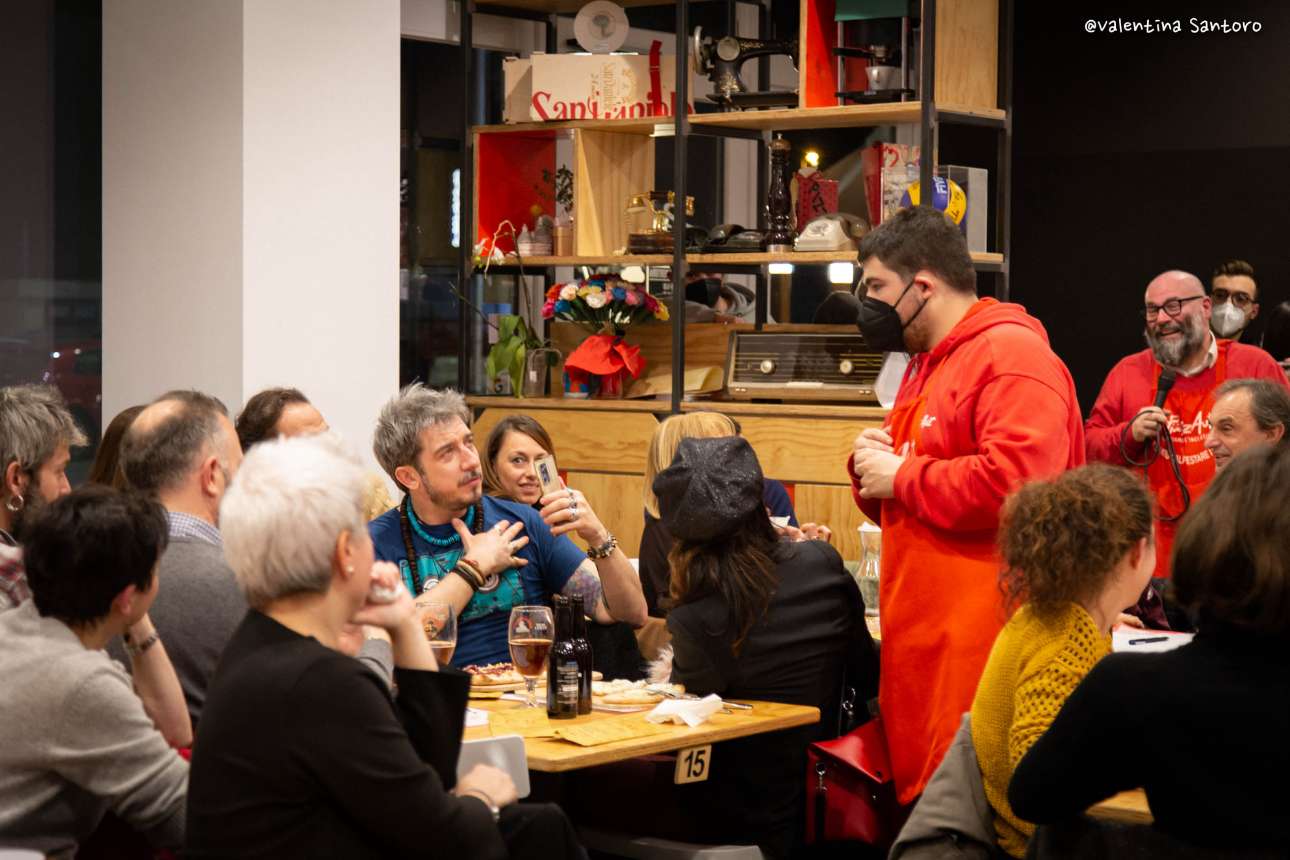
The opening of the first PizzAut restaurant, in Cassina de' Pecchi, was planned for the 2nd April 2020, but the Coronavirus stopped everything. So the project was temporarily reinterpreted as a travelling food truck. Then, on the 1st May 2021, right on International Workers' Day, the project finally became a reality.
"It is symbolic that this opening took place on the first of May, because work gives people dignity, offers social inclusion, and eliminates differences. Work means having the opportunity to interact with others."
PizzAut is not just a pizzeria, but a laboratory for social inclusion and labour integration for autistic young people who, here, supported by social workers and professionals, are pizza chefs, cooks and waiters. A space for integration and interaction, but also a place where you can eat delicious pizza, prepared with high-quality, organic ingredients.
"We make Roman pinsa with 72 hours of leavening and a hydration level of 70-80%, so it is easily digestible and has a low glycemic index. We also have gluten-free options, and serve special coffee made from a blend produced by a fair trade supply chain."
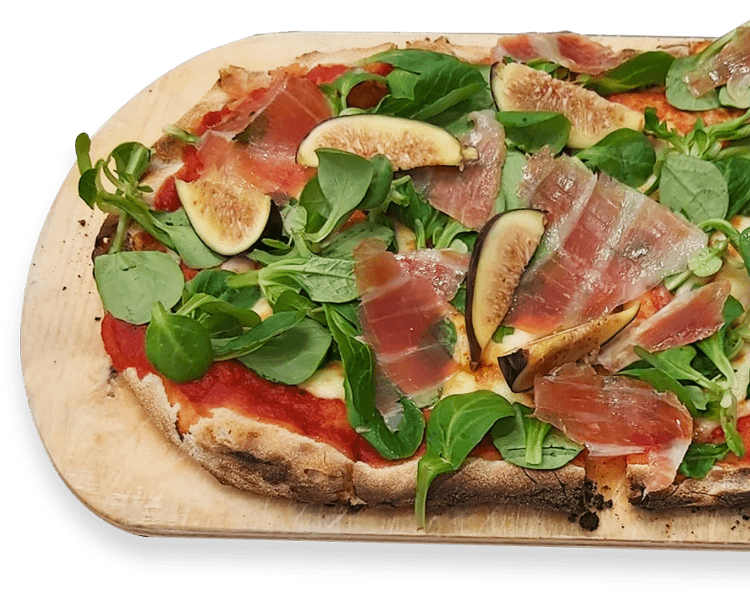
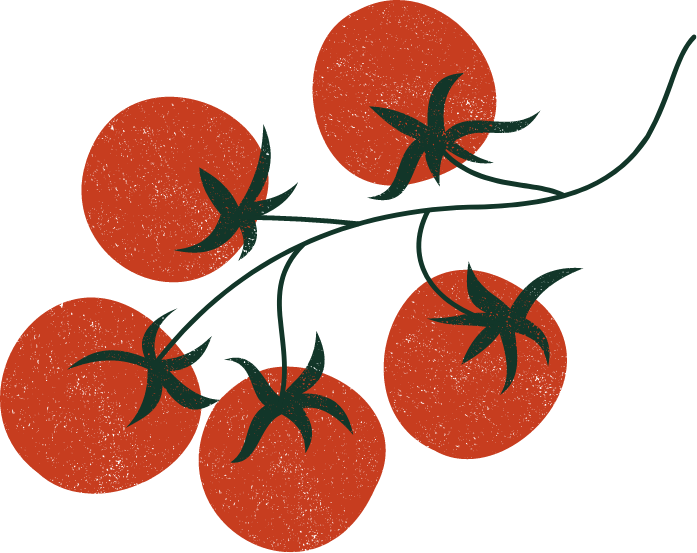
Nothing is left to chance, so to define the role of each worker in the restaurant, a training course is offered with the support of psychologists and social workers. Because autism is not a monolith; there are many ways of being autistic. This way, the boys have gradually built their own professional and social identities in parallel.
"The roles," Acampora confirms, "were assigned and distributed based on the specific characteristics of each individual, considering their abilities, and also their inclinations. There are those who struggle to be around a lot of people, those who don't like handling certain types of things, those who prefer to work alone. So we just need to identify each person's characteristics and take advantage of these. Those who find the tactile experience of putting their hands in dough unpleasant are assigned to the restaurant floor, while those who don't like being in contact with people work in the kitchen."
Initially, the boys weren't able to take orders on their own, so the formula was to deliver the pizzas; if all the sides of the table were taken up by diners, they didn't know where to put the plates, so we created square tables with sides of 80 centimetres, with a red line drawn 60 centimetres from the edge: a marked comfort zone where the boys could put the plates they brought out.
Furniture without handles and with soft-close mechanisms, oversized extractor hoods to avoid olfactory overstimulation, large windows to make the most of natural light, soundproof ceilings, lighting designed to be uniform in order to avoid areas of shadow, cups and jugs not made from glass or plastic, but shatterproof polypropylene, and a small number of colours, not too bright, and arranged evenly.

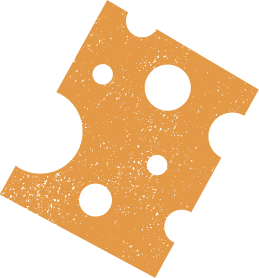


The cooking process is designed so that the boys can be completely autonomous: the pizza is placed on a belt that takes it through a tunnel to the oven. Once it is cooked, the belt carries the pizza out of the oven through the tunnel: this way, it is impossible to forget about the pizza inside and burn it.
The restaurant is also inclusive when it comes to its patrons. There are no architectural barriers: the tables are higher, in order to accommodate those visiting the pizzeria in a wheelchair, and there are two disabled toilets, one in the women's and one in the men's.
The result is "a restaurant running at a gentle pace, where you don't go to eat a pizza when you have only five minutes and then need to rush off, but where you can get together and recharge, in a temporal dimension far from the hustle and bustle that causes problems for people with autism, but is a source of stress for everyone."

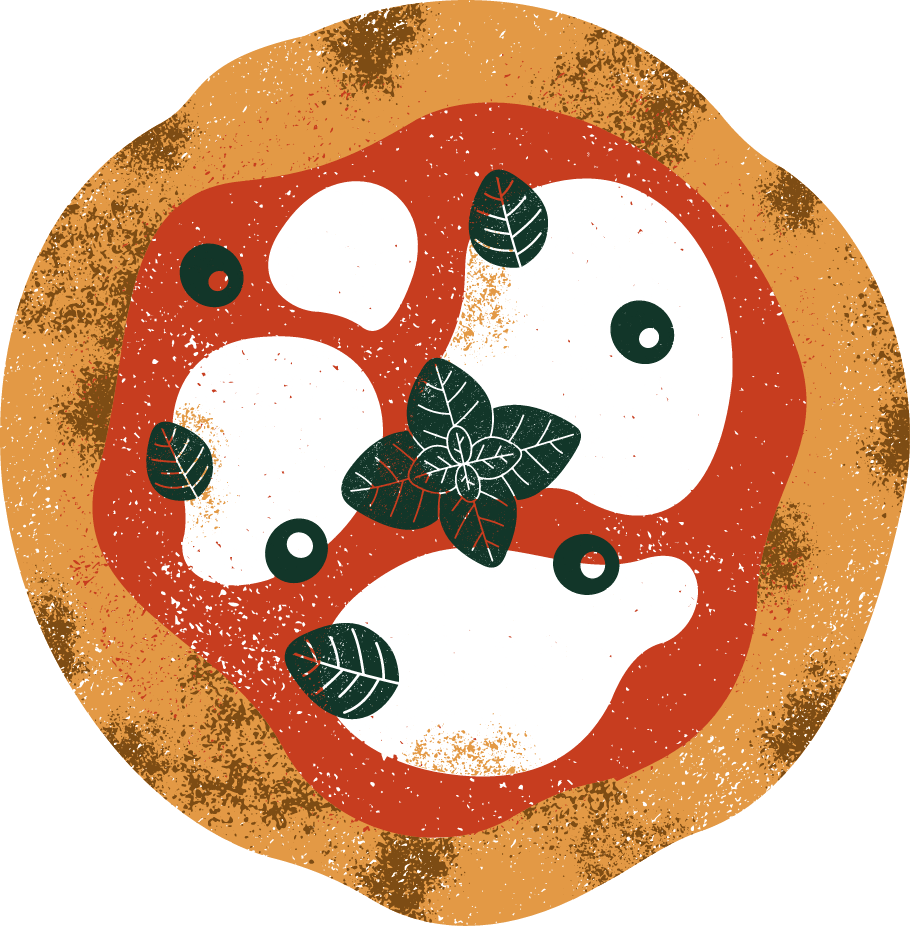
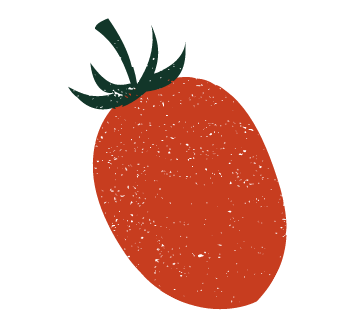
Today in Italy, 1 in 77 children (between 7 and 9 years old) is diagnosed with autism spectrum disorder: there are therefore at least 600 thousand people, and therefore families, directly affected by autism. Of all the young people with autism spectrum disorder, up to the age of 19, 93.4% attend school, but the figure lowers to 6.7% for those who are 20 and older. The percentage of parents of autistic children and teenagers who anticipate a future scenario of even partial independence for their children is 23%, but this reduces even more drastically (5%) for families with an autistic son or daughter of 21 and older. Of autistic people aged 21 and up, 50% attend a day centre, but 21.7% are not engaged in any activities. In terms of hours dedicated to direct assistance and to simple supervision, parents of autistic people and people with Down syndrome dedicate on average a total of 17 hours per day (source: Ministry of Health).
The PizzAut initiative is invaluable, above all as an example.
Nico Acampora hopes that the project can be replicated and spread, as a sort of social franchise.
Every year on the 2nd April, the most important Italian monuments are lit up in blue to raise awareness in the population on the topic of autism. On the occasion of this day, the awareness and fundraising campaign #sfidAutismo, from the FIA (the Italian Autism Foundation), will return. What hopes can we have for the 3rd April 2023?

Images Credits:
Valentina Santoro
The white, or black, gold of the table, which has come through thousands of years of history and now looks to the future: from "the food of witches" to UNESCO Intangible Cultural Heritage.
Krèsios: in the "industrious anthill" of chef Giuseppe Iannotti, sustainability is the house speciality. How Michelin-starred cuisine meets the identity culture of recycling.
